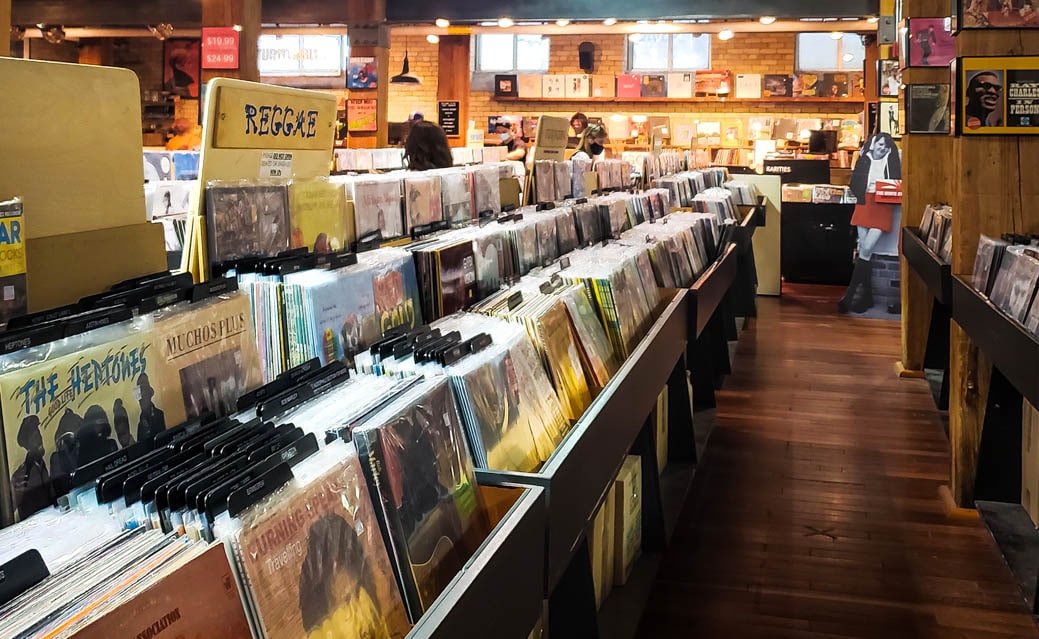Hip hop and the relationship of self
Discussing the power to form identity and transform circumstances with rappers Raz Fresco and Radamiz.
Existing far beyond the confines of a musical genre and what was initially a dynamic between a DJ and emcee, hip hop has transcended to being the voice for those unheard and a means to reach those not listening.
Apart from the mainstream representation that we have grown abundantly familiar with, hip hop should be thought of as an art form that embodies the expression of oneself. With many of its early years spent within inner-city streets and occupying impoverished communities, hip hop rapidly grew into a form of identity, and this culture makes it more than just a music category.
Hip hop brought forth a new form of communication. With lyrics that reflected the social, political, and economic circumstances that were otherwise ignored and perpetuated, younger generations were given a catalyst to speak their truth.
With hip hop emerging and gaining traction around the same time that social injustice issues were peaking in North America, records were reflective of the struggles and poverty that Black and minority communities were subject to. Records about drugs and gang violence were quick to be criticized for their explicit content but were just as quick to be appreciated by members of the communities plagued with those circumstances.
Race-related injustices brought attention to just how much of Black history was stolen and erased. Through years of slavery, segregation, and persistent exposure to systemic measures of oppression, the history and tradition of Black youth were displaced.
Raz Fresco, a Toronto-based artist, spoke about his relationship with hip hop and touched upon his perspective of how hip hop culture has impacted the lives of youth. Fresco stated, “Hip hop is an art form that emerged out of people [who] were on the lower end of the societal ladder […] and lacked certain socioeconomic resources.” Hip hop manifests from the lived experiences of individuals within this struggle. Fresco went on to mention how hip hop, as an art form and culture, allowed individuals to change the negativity that they were surrounded with and reproduce that energy to their own benefit.
“For the Black youth, hip hop is their culture. We come from parents who had a lot of their original culture taken from them. Hip hop is cultural identity to a lost people.” Fresco’s nine-part album series, Magneto Was Right, shows younger generations the steps to uncovering knowledge of self and cultural identity in the same fashion as those before him.
Touching upon the importance of hip hop and its connection to crafting identity, Dominican hip hop artist and New York City native Radamiz said this, “I treat music as a way for me to funnel my thoughts that I have on the world, thoughts that I have on self […] to analyze the flaws of human existence and the flaws in which the human condition has created to distance one another from love, acceptance, understanding, unity, and from forward-thinking.” Through music and culture, messages and intent actualize into the minds of listeners and subjective experiences are presented to the collective understanding.
Hip hop is ingrained deeply in the pursuit of expression and knowledge of self. Since it first emerged during a period of tension and provided an opportunity for unity through the development of cultural identity and acceptance, hip hop has grown to encapsulate the experience of minorities and accommodate for individuals who feel their voices have gone unheard.

